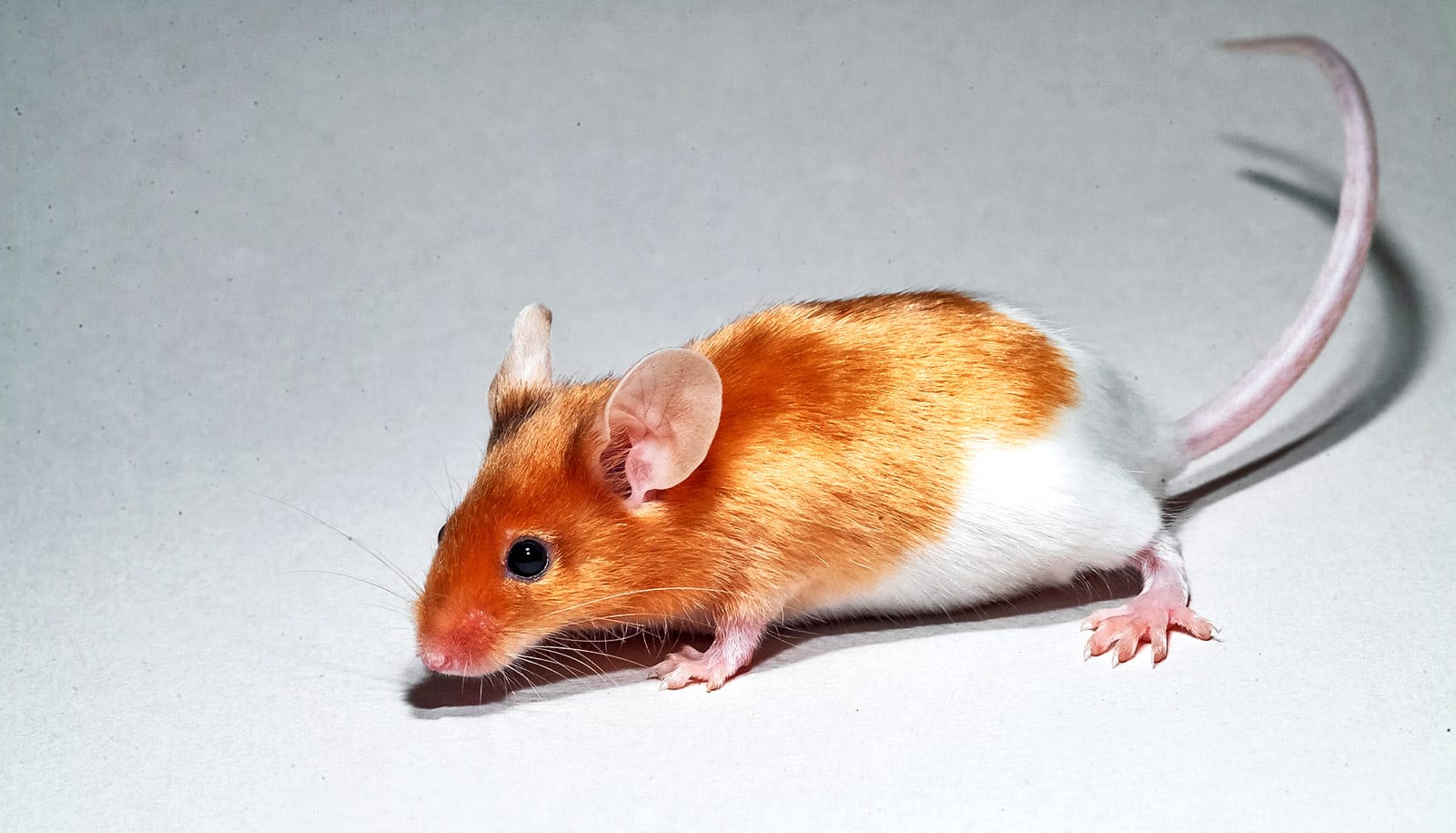Researchers have found that a naturally occurring supplement can improve sleep quality in older adults, particularly in individuals with poor sleep patterns, and manage their gut microbiome composition.
Ensuring good sleep quality is an integral part of achieving good health. However, a mental health study published in 2022 reported that close to 17% of older adults aged 65 and above in Singapore are suffering from poor sleep quality, which has been linked to worse health outcomes, such as a greater risk of chronic diseases and cognitive impairment.
There is growing evidence on the association between gut microbiota composition and sleep quality. Additionally, there are pharmaceutical sleep aids available to help poor sleepers achieve a good night’s sleep. However, such aids may induce adverse side effects, including digestive problems and headaches.
Dietary supplements, such as a naturally occurring amino acid, 5-Hydroxytryptophan (5-HTP), are available, but its efficacy on sleep quality in older adults is unclear.
Through a 12-week clinical trial on 30 older adults, aged 65 and over, National University of Singapore (NUS) researchers set out to evaluate the impact of 5-HTP supplementation on sleep quality and gut microbiota composition on older adults.
The research team was led by Assistant Professor Kim Jung Eun from the food science and technology department (NUS FST) under the NUS Faculty of Science, and the study was conducted in collaboration with Adjunct Associate Professor Johnson Fam from the psychological medicine department at the NUS Yong Loo Lin School of Medicine.
Based on the results of the clinical trial, the researchers discovered that supplementation of 5-HTP can improve sleep quality in Singaporean older adults and this improvement was predominantly observed in poor sleepers which could be linked to the modulation of their gut microbiome composition.
The team’s findings appear in the journal Clinical Nutrition.
“5-HTP is a naturally occurring amino acid that the body converts into serotonin, a chemical that acts as a neurotransmitter in the brain,” says Clarinda Nataria Sutanto, an instructor at NUS FST who is the first author of the paper.
“Supplementation with 5-HTP can enhance sleep quality and promote a state of sleepiness by modulating the levels of these neurotransmitters involved in regulating the sleep-wake cycle.”
Kim adds, “It is also worth noting that this sleep-promoting effect was mostly observed in individuals with poor sleep quality and this finding supports the use of alternative, safer dietary strategies over medication for improving sleep.”
The researchers also analyzed the biological samples collected from the participants to understand the effect of 5-HTP supplementation on gut health.
The results of their analysis revealed that among poor sleepers, there was a significant increase in gut microbiota diversity and abundance of gut bacteria, which is linked to improved gut health.
From these results, the researchers propose that the improvement in sleep quality could be attributed to the boost in gut health among poor sleepers after supplementation with 5-HTP.
“Results from this study provide scientific evidence supporting the beneficial effects of 5-HTP supplementation on sleep quality via modulation of the gut-brain axis, highlighting the bidirectional interaction between the gastrointestinal tract and the nervous system,” says Kim.
Following the promising results of this clinical trial, the researchers aim to explore other dietary strategies, such as comparing the effect of protein intake from different sources and the impact of other food items which may affect gut health on enhancing sleep quality.
The researchers also hope to expand their scope of study to include younger individuals who experience poor sleep quality due to stress, anxiety, and excessive use of electronic devices in their daily lives.
Source: National University of Singapore



